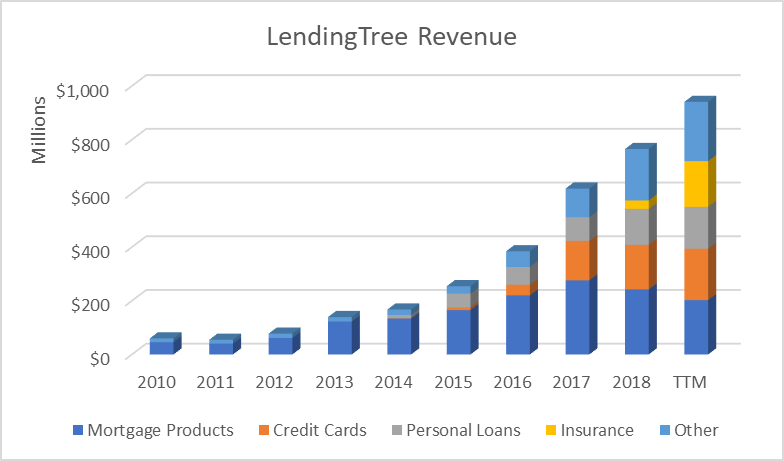A Home Mortgage Capital Commitment (MCFO) is a type of mortgage pass-through unsecured general responsibility bond that has several classes or tranches. MCFOs use cash flow from a swimming pool of home mortgages that generate earnings to repay investors their principal plus interest. Payments are gotten from mortgages in the pool and handed down to holders of the MCFO security.
MCFOs do not hold a lien on the home loans held by the security. They are simply bound by agreement to use the income from the home loans to pay their investors. MCFO owners have no legal rights to the real hidden home mortgages, hence MCFOs are riskier than CMOs. Like CMOs, MCFOs are a type of mortgage-backed security developed through the securitization of individual residential home mortgages that draw interest and primary payments from that specific swimming pool of home mortgages.
Like CMOs, MCFOs bundle home loans into groups with various payment attributes and run the risk of profiles called tranches. The tranches are repaid with home loan principal and interest payments in a specified order, with the greatest ranked tranches including credit enhancement, which is a kind of protection against prepayment threat and repayment default.
The stated maturities of MCFO tranches are identified based upon the date when the last principal from a swimming pool of home loans is expected to be paid off. But maturity dates for these types of MBS do not consider prepayments of the hidden home loan loans and thus may not be a precise representation of MBS risks.
CMOs, MCFOs and other non-agency mortgage-backed securities those mortgage bonds not backed by the government-sponsored business Fannie Mae, Freddie Mac or Ginnie Mae - were at the center of the financial crisis that led to the insolvency of Lehman Brothers in 2008 and resulted in trillions of dollars in losses on mortgage and millions of property owners losing their homes to default.
In December 2016, the SEC and FINRA revealed brand-new rules to dampen MBS danger with margin requirements for CMO and related MBS deals.
The Main Principles Of What Is A Large Deposit In Mortgages
A mortgage swimming pool is a group of home loans kept in trust as security for the issuance of a mortgage-backed security. Some mortgage-backed securities released by Fannie Mae, Freddie Mac, and Ginnie Mae are known as "pools" themselves. These are the most basic kind bluegreen mortgage department phone number of mortgage-backed security. They are also referred to as "pass-throughs" and trade in the to-be-announced (TBA) forward market.
Mortgage pools, which are groups of home mortgages, tend to have similar qualities, such as issuance date, maturity date, and so on. While mortgage-backed securities are backed by mortgage security with comparable qualities, collateralized financial obligation obligations are backed by security with differing attributes. An essential advantage of mortgage pools is that they offer financiers with diversity.
Home mortgage swimming pools are comprised of mortgages that tend to have similar characteristicsfor circumstances, they will typically have near to the same maturity date and rate of interest. Once a loan provider completes a home mortgage transaction, it generally sells the home loan to another entity, such as Fannie Mae or Freddie Mac. Those entities then package the home loans together into a home mortgage pool and the home mortgage pool then functions as collateral for a mortgage-backed security.

A CDO is a structured financial product that pools together cash flow-generating possessions and repackages this asset pool into discrete tranches that can be sold to financiers. A collateralized debt commitment is named for the pooled assetssuch as home loans, bonds and loansthat are essentially financial obligation obligations that work as collateral for the CDO.
Home mortgage swimming pool funds are great for financiers looking for realty exposure due to the fact that they are a low-risk investment that moves independently of a stock and bonds and provide a predictable monthly income. Mortgage pool fund loans are protected by real estate and are referred to as hard cash since unlike many bank loans (which count on the creditworthiness of the customer), tough cash loans consider the value of the underlying property.
Due to the fact that of their much shorter terms, hard cash loans are less susceptible to being affected by interest rate swings, which suggests it is a more foreseeable and reputable cash circulation. Like pointed out above, home mortgage swimming pool funds vary, where some concentrate on particular residential or commercial property types, while some are more basic. These difference can impact danger and return, so it is essential to look into the various home mortgage pools before diving in.
What Does What Percent Of People In The Us Have 15 Year Mortgages Do?

There's nothing better than marching your back entrance on a hot summertime day and leaping in your own swimming pool. But take care when aiming to purchase or re-finance a house with a pool. That swimming pool can trigger hold-ups in the home mortgage process, or drown your loan application completely.
Stubrud worked with a client who desired a reverse mortgage, but had an empty, aging swimming pool on the residential or commercial property. Reverse home mortgages follow FHA guidelines, which are specific about swimming pools. "They do not desire it to be a health risk or a safety hazard that there's a big gaping hole in the ground." So what did the customer do? "How they managed it was that they filled it in," states Stubrud.
The swimming pool disappeared. There were no other alternatives for this aging property owner who didn't have the cash to get the pool in working order. However Stubrud states the customer did raise an alternative idea. "They in fact wished to keep it and they were going have this subterranean greenhouse.
Lots of homeowners think that what's on your property is your organization. While that's partly real, you invite scrutiny to almost every inch of a home when you choose to fund it with the loan provider's cash. It holds true for FHA loans along with any other loan type. It boils down to safety.
A pool that is a falling threat or is a breeding place for germs is a hazard to the health of the residents. Not to mention it opens the property owner up to lawsuits (what is the interest rate today on mortgages). The same standards would apply to things like a missing out on stairs outside the back entrance, missing hand rails, or exposed lead-based paint.
Fixing the swimming pool to get it into working order will permit the loan procedure to continue. When purchasing a home, wesley financial group timeshare reviews this could be a predicament. It's risky to utilize your own funds to make repair work on a house that's not yours yet specifically pool repair work which can range from a few hundred to a couple of thousand dollars - what are the interest rates on 30 year mortgages today.
How Do Balloon Fixed Rate Mortgages Work? for Beginners
There may be another way to make repair work, however. "The borrower will need to get a quote for the needed repair work," says Sarah Bohan, VP of Corporate Relations at MSU Federal Credit Union. "If the repairs are arranged to take place after the closing, the lender will usually ask for to hold 1.
You receive back any cash left over after whatever's done. But don't depend on this solution, says Bohan. "Lots of loan providers are not able to allow for repairs after the home loan closes because they sell their loans on the secondary market and require to deliver the loan within a set timeframe." Make sure your lending institution permits for repair work after closing before you agree to buy a home with a run-down swimming pool.